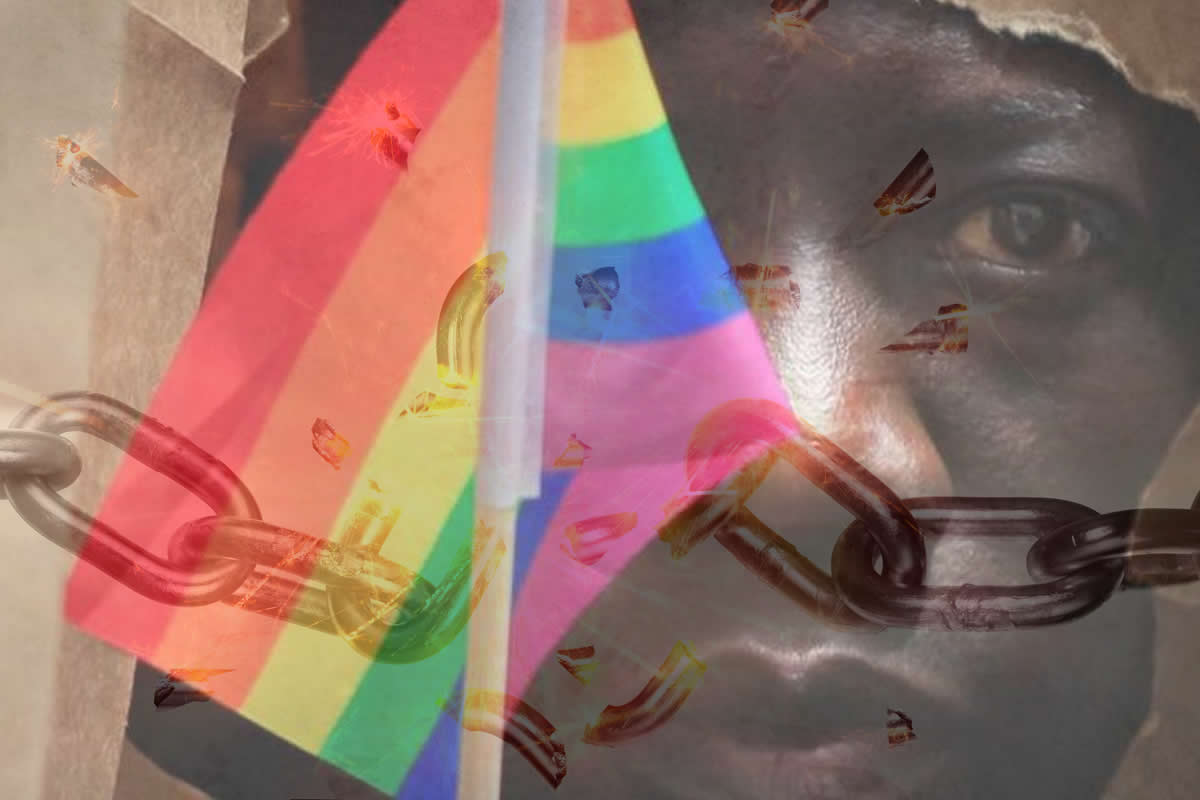The Centre for Human Rights (the Centre) congratulates the government, parliament and people of Angola, for the brave steps taken, through its judicial reform programme, towards the decriminalisation of ‘habitual unnatural vices’, into which consensual adult same-sex sexual conduct was read. The Centre also expresses its pleasure towards the criminalisation of crimes based on discrimination including prohibiting crimes based on discrimination based on sexual orientation. To further galvanise the reforms, employment and service discrimination based on sexual orientation is also now illegal. These are major achievements towards respecting and promoting the rights of all citizens of Angola including sexual and gender minorities.
The Centre cherishes and upholds the rights of sexual and gender minorities to enjoy all the rights enshrined in international human rights treaties, such as the right to privacy, freedom from arbitrary arrest and detention, and the right to health, including sexual health. Criminalisation of consensual adult same-sex relations has typically enabled the victimisation, harassment and discrimination of sexual and gender minorities in Africa under the guise of the law. All human beings should have the freedom to love and be loved, to enjoy sex within the confines of consent and majority age, and to access sexual and reproductive health services that go with this freedom.
Angola joins a growing number of states in the Southern African Development Community (SADC) to have decriminalised consensual adult same-sex sexual conduct that had previously been criminalised in colonially-inherited penal codes. Of the 15 SADC member states, South Africa, Mozambique, Seychelles — and now, also Angola — have undertaken this reform.
Arising from the Angolan law reform, the Centre anticipates and looks forward to the following:
- The Republic of Angola will consolidate these reforms by embarking on an efficient public education campaign to win the people’s hearts to respect the rights of sexual and gender minorities in order to consolidate these reforms.
- Civil society in Angola, including sexual and gender rights organisations and groups, will be allowed unhindered to carry out promotional, educational and service delivery tasks to further galvanise these new gains.
- The SADC countries that still criminalise same-sex relations will join this wave of change and systematically get rid of laws that put the rights of sexual and gender minorities in jeopardy.
![]()
For more information, please contact:


